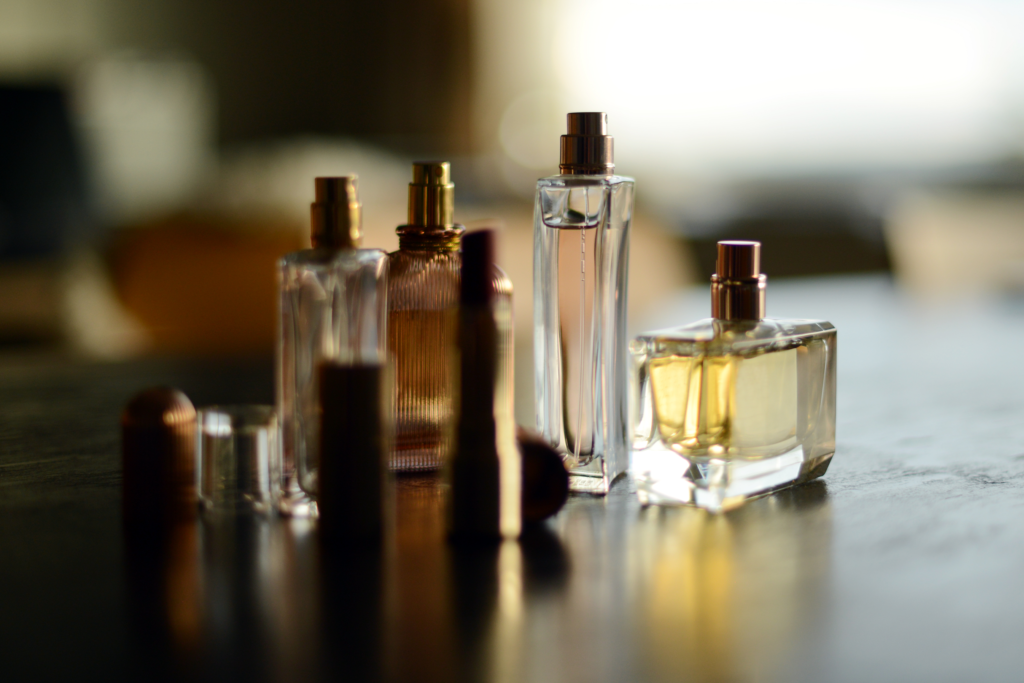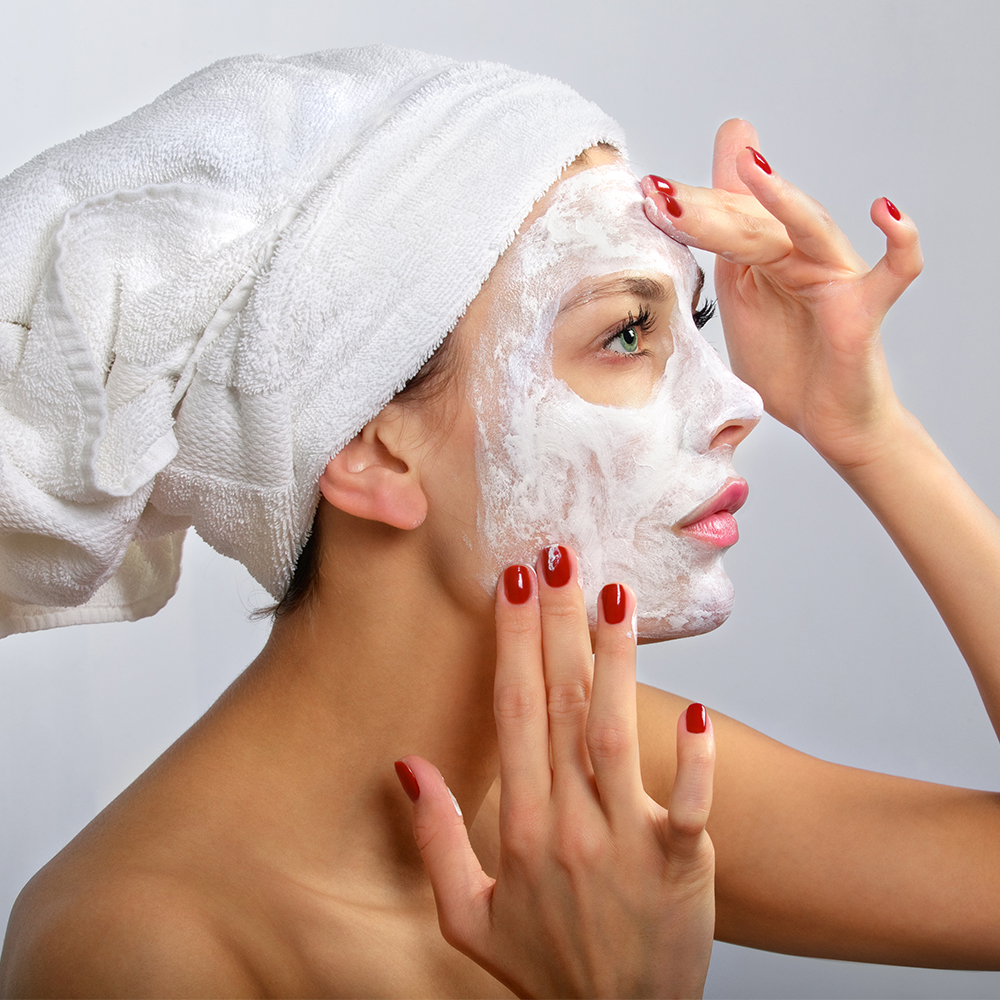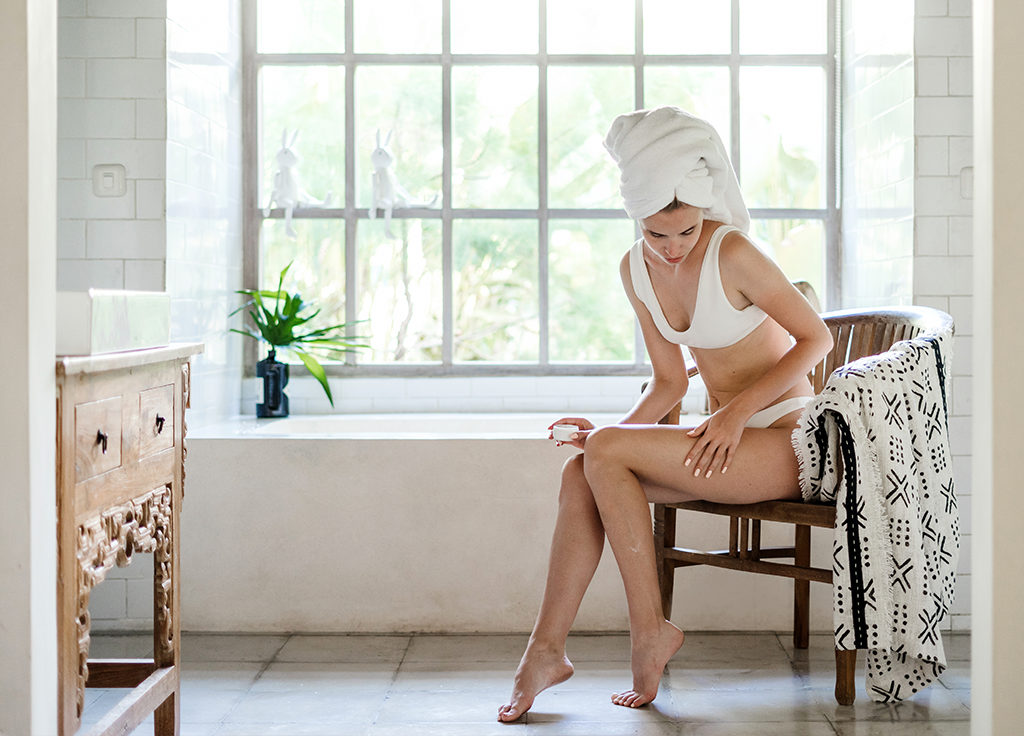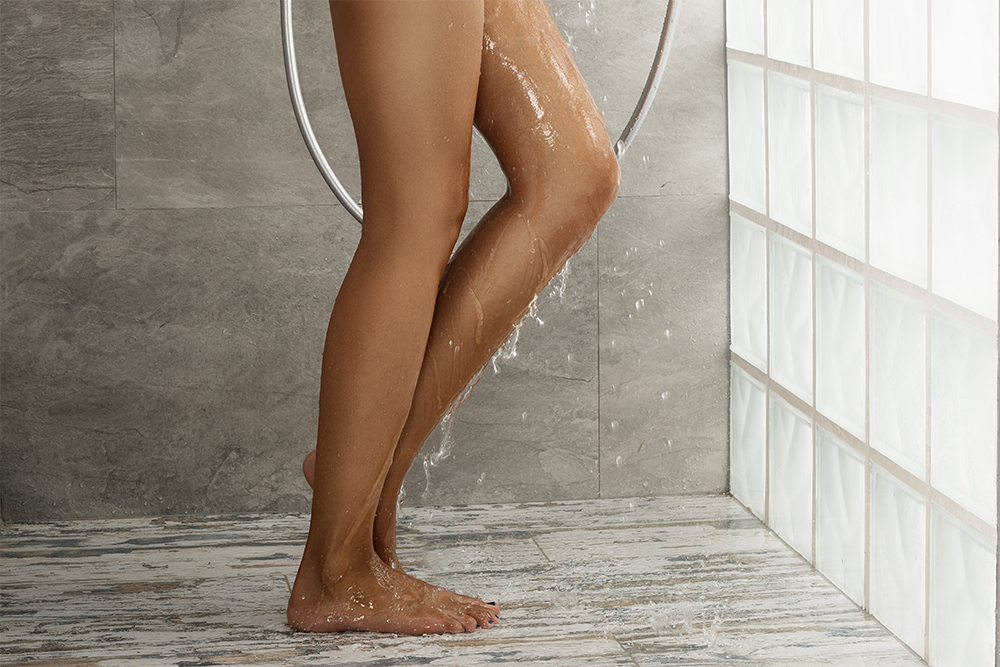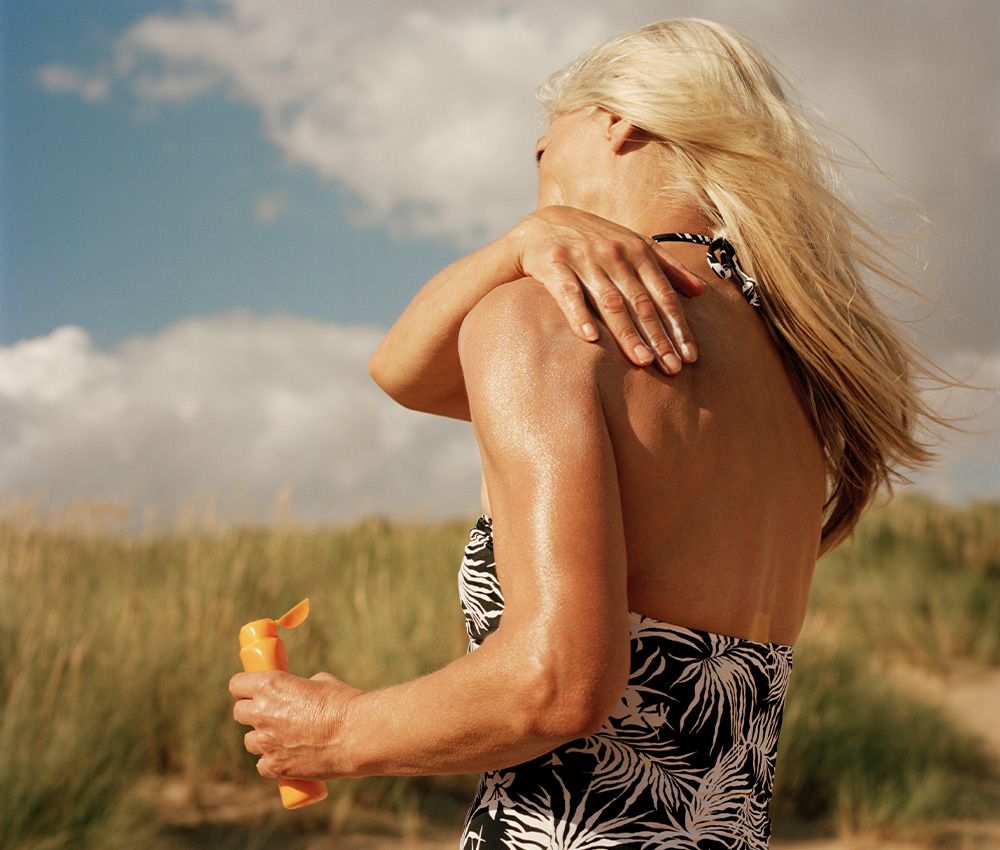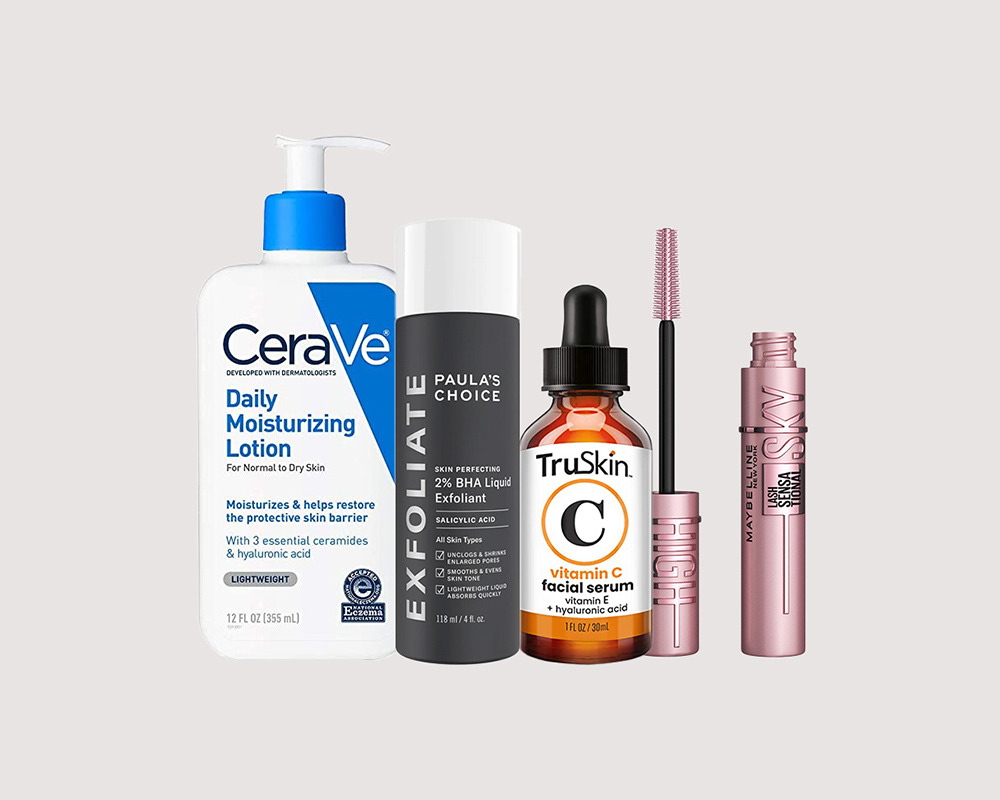
[ad_1]
Winter and its blistering-cold conditions is known for wreaking havoc on those with eczema-prone skin. However, those with eczema know that summer poses its own challenges as well. Dermatologist, National Ezcema Association member and advisor to Bodewell Peter Lio, MD says, “The extreme heat and humidity, the frequent sweating and the jarring temperature changes from ice-cold air conditioning to the sweltering outdoors” can all contribute to eczema flare-ups. “Additionally, summer typically means fewer clothes and thus can lead to more anxiety around how the skin looks,” he notes.
Davie, FL dermatologist Marianna Blyumin-Karasik, MD notes that it’s common for people to be “triggered by temperature changes such as heat or humidity in the summer.” To help you avoid flare-ups this summer, we have tips from dermatologists on how to stave off any irritation.
Find a Doctor
Find a NewBeauty “Top Beauty Doctor” Near you
[ad_2]
Source link


